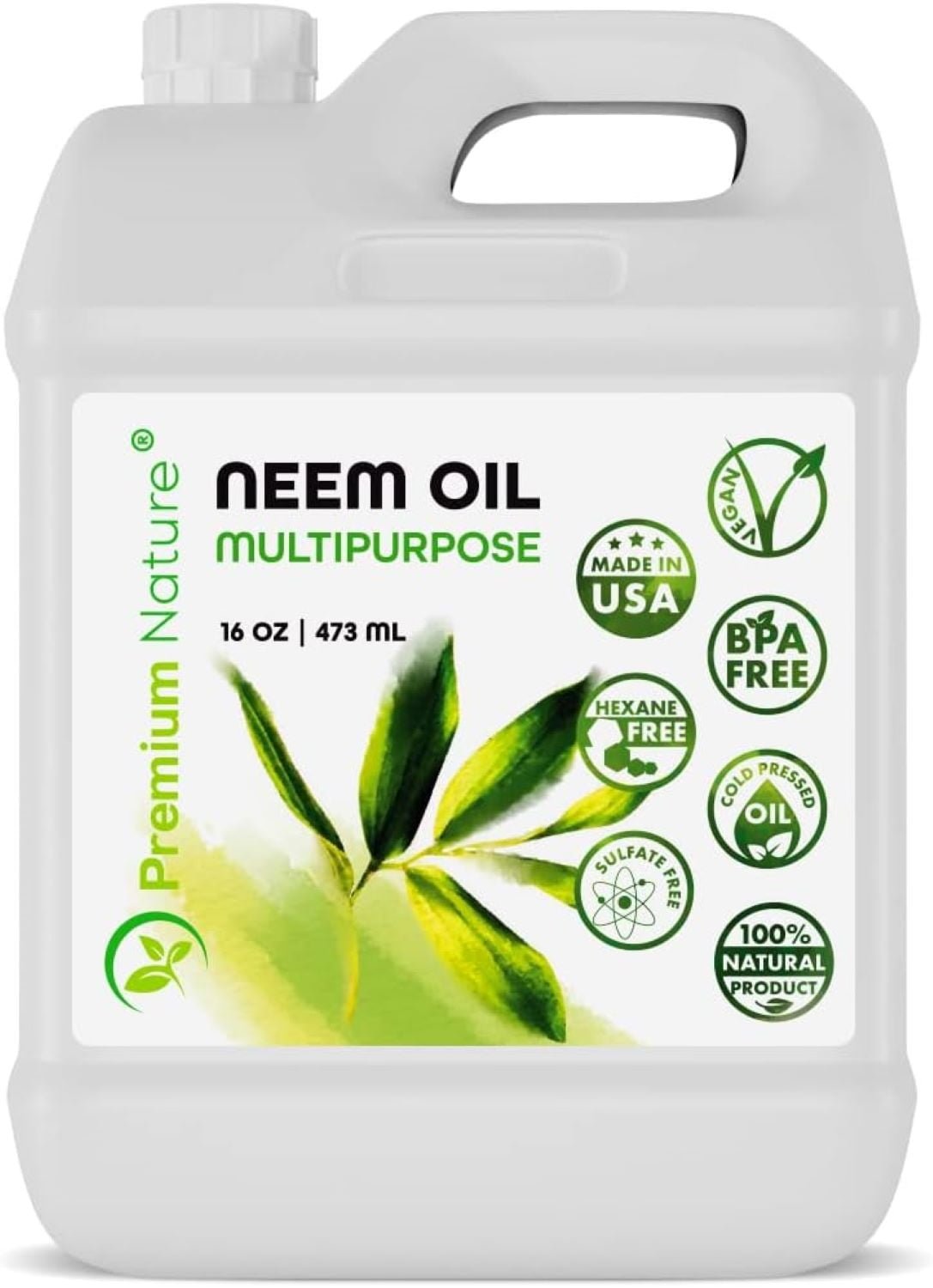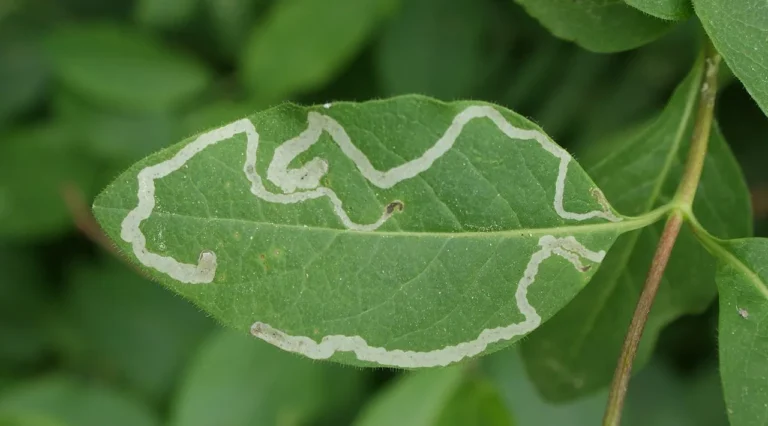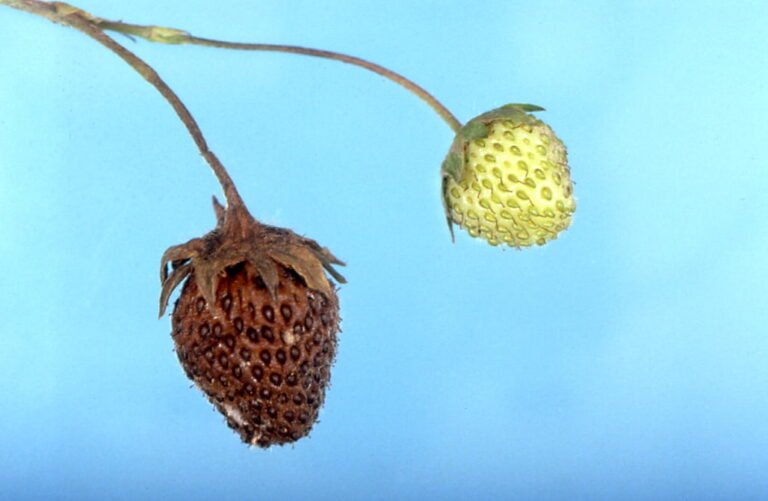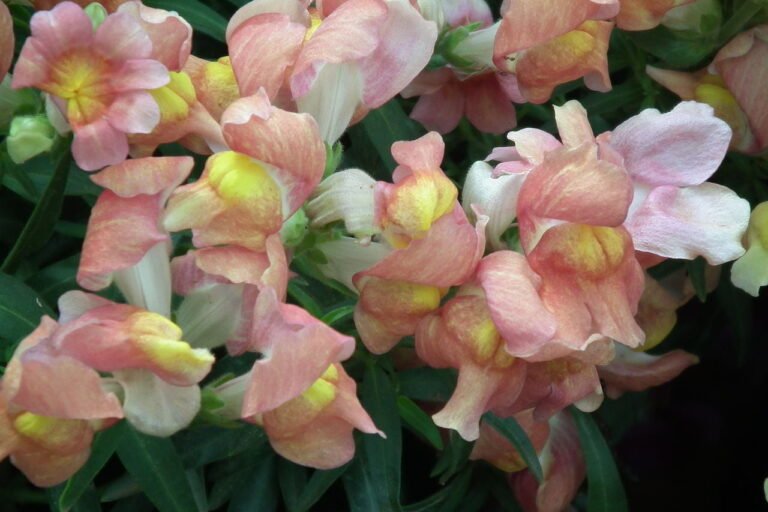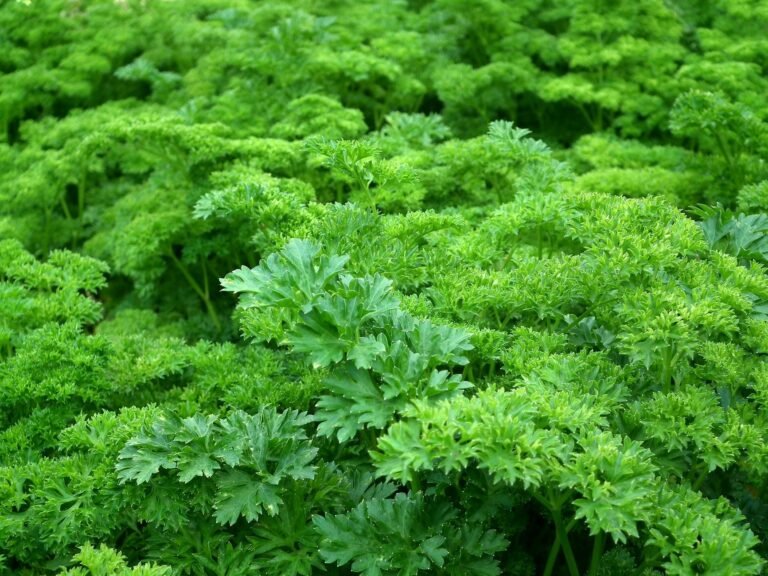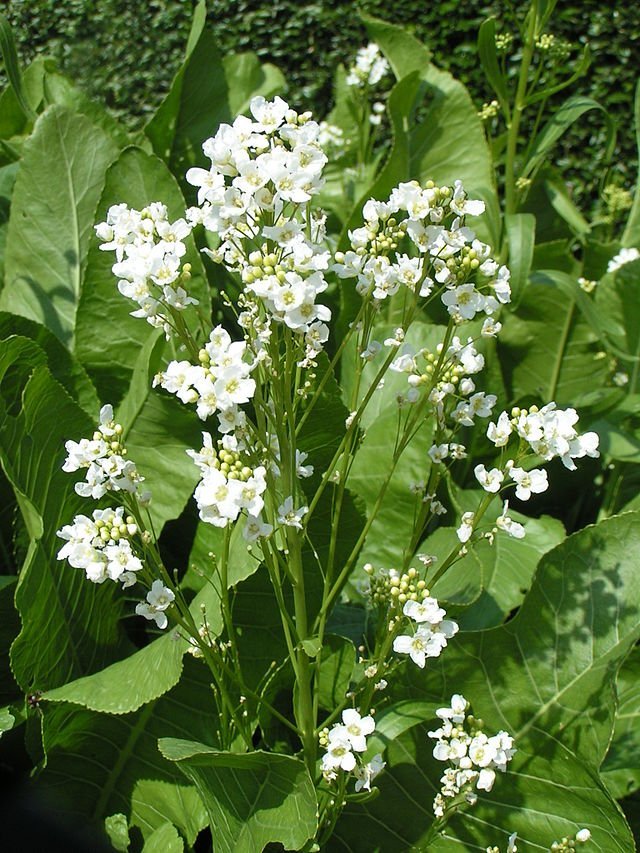Neem Oil: The Natural Solution for a Healthy Garden
Nature often offers us the best solutions for maintaining a healthy and productive garden. Among the most effective of these natural remedies is neem oil. Derived from the seeds of the neem tree (Azadirachta indica), native to India, this botanical powerhouse is highly valued for its potent pest and disease-fighting properties.
What is Neem Oil?
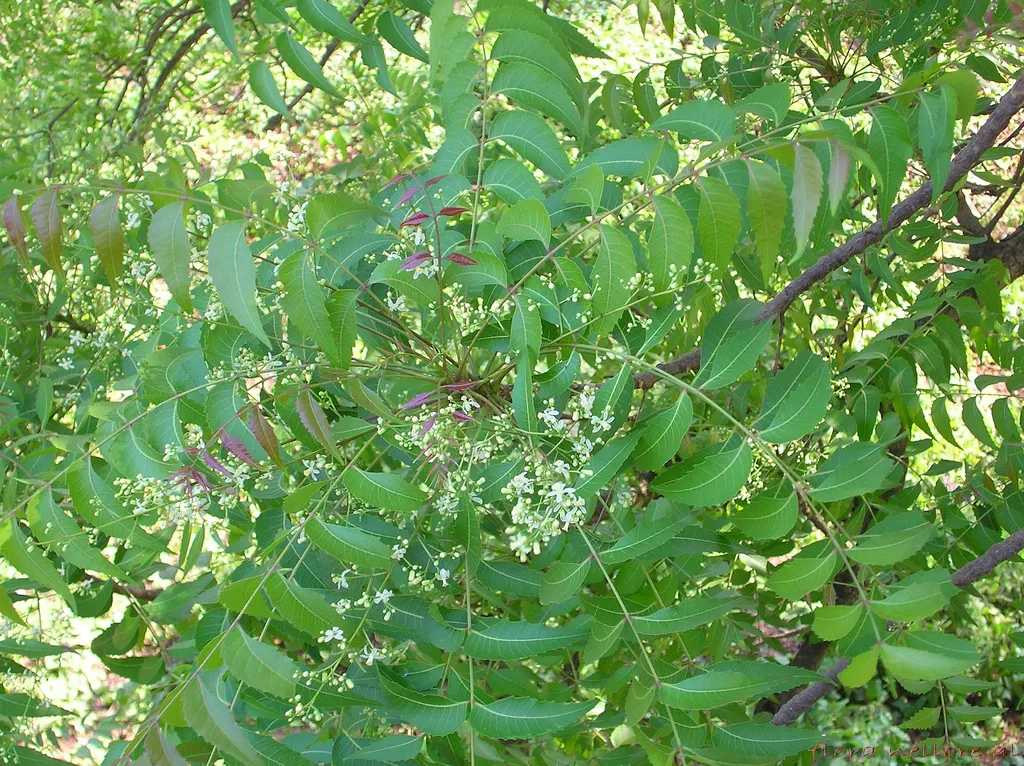
Neem oil is a vegetable oil pressed from the fruits and seeds of the neem tree. It contains several active compounds, with azadirachtin being the most notable for its pest-repellent properties. The oil works as a triple-action agent: it acts as a repellent, an insecticide, and a fungicide, offering a broad spectrum of protection against a wide array of garden pests and diseases.
Benefits of Using Neem Oil in Gardening
- Safe for Beneficial Insects: Unlike chemical pesticides, neem oil only targets leaf-sucking and chewing insects, sparing beneficial species like bees, ladybugs, and earthworms.
- Organic and Biodegradable: Neem oil is a natural product that breaks down quickly in the environment, leaving no lasting residue.
- Versatile Pest Control: Effective against common pests such as aphids, mites, scale, and whiteflies, as well as fungal diseases like powdery mildew and rust.
- Plant Health Promoter: Beyond its pest and disease control properties, neem oil can help improve overall plant health and vitality.
How to Use Neem Oil in Your Garden
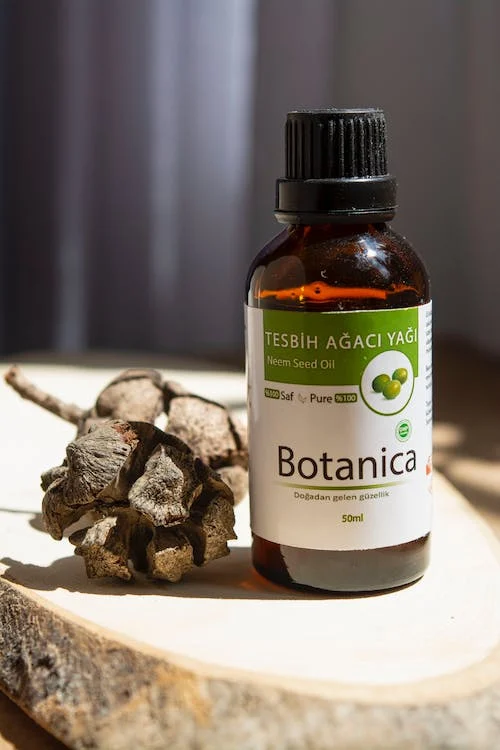
Preparation and Application: To use neem oil as a pesticide and fungicide, it must be emulsified to mix well with water. This is typically done by mixing neem oil with a mild soap (which acts as an emulsifier) and water. The general recommendation is to mix 2 teaspoons of neem oil and 1 teaspoon of liquid soap with 1 gallon of water. Shake well and use immediately, spraying the mixture directly onto the affected plants. The spray should cover both the tops and undersides of leaves for maximum effectiveness.
Timing and Frequency: Apply neem oil spray in the early morning or late afternoon to avoid harming beneficial insects and to reduce the risk of leaf burn. Repeat the application every 1-2 weeks, or as needed, to control pests and diseases. It’s important to note that neem oil works gradually, disrupting the life cycle of pests rather than killing them on contact.
Precautions and Considerations
- Test on Sensitive Plants: Some plants may be sensitive to neem oil, especially in high concentrations. Always perform a patch test on a small area before full application.
- Protect Pollinators: Avoid spraying neem oil on flowering plants during bloom to protect pollinators from coming into contact with it.
- Sunlight Sensitivity: Applying neem oil during high heat or direct sunlight can cause foliage burn. Choose cooler times of the day for application.
Final Thoughts
Neem oil stands as a testament to the power of natural solutions in the quest for sustainable gardening. Its ability to safeguard plants from pests and diseases, coupled with its safety for beneficial insects, makes it an invaluable asset for gardeners striving to maintain ecological balance in their gardens. By incorporating neem oil into your gardening practice, you can enjoy a healthier, more vibrant garden, aligned with the principles of environmental stewardship and organic living.

